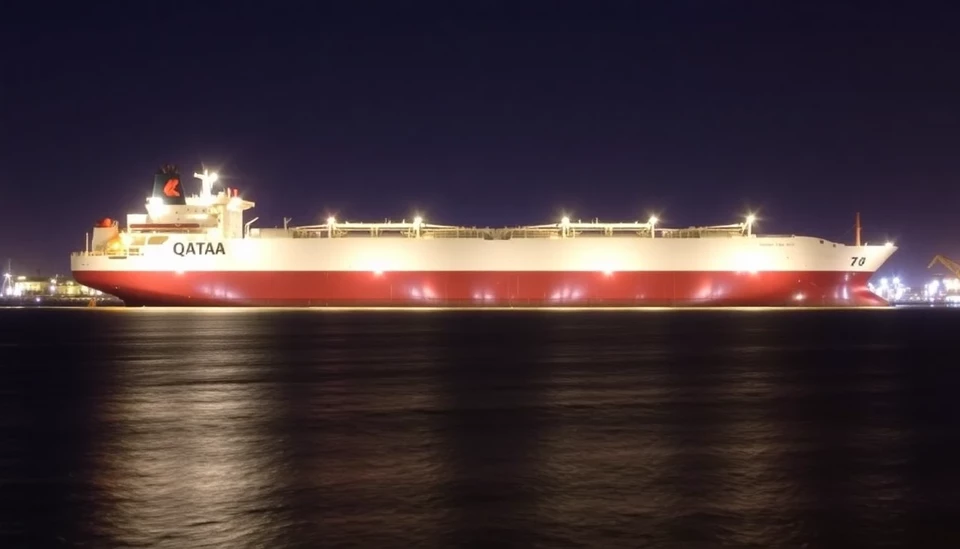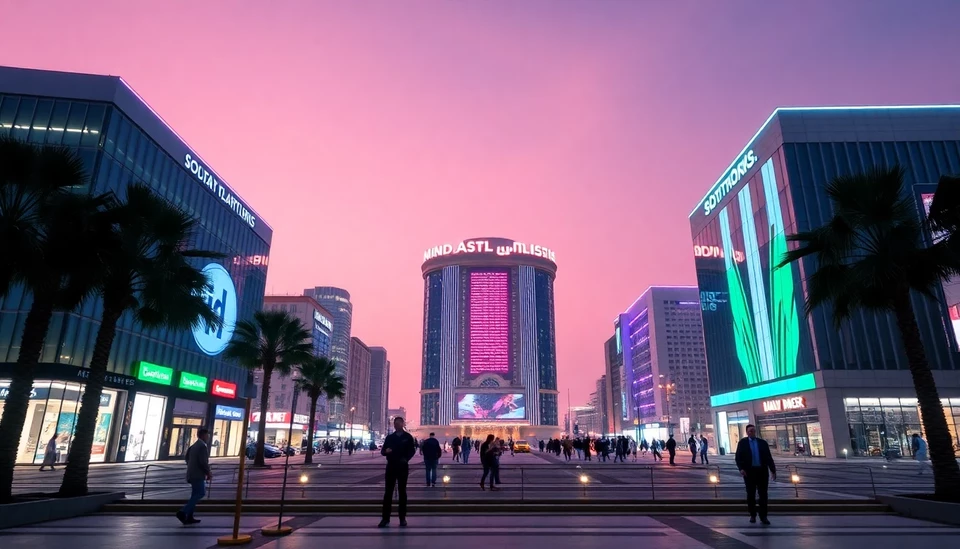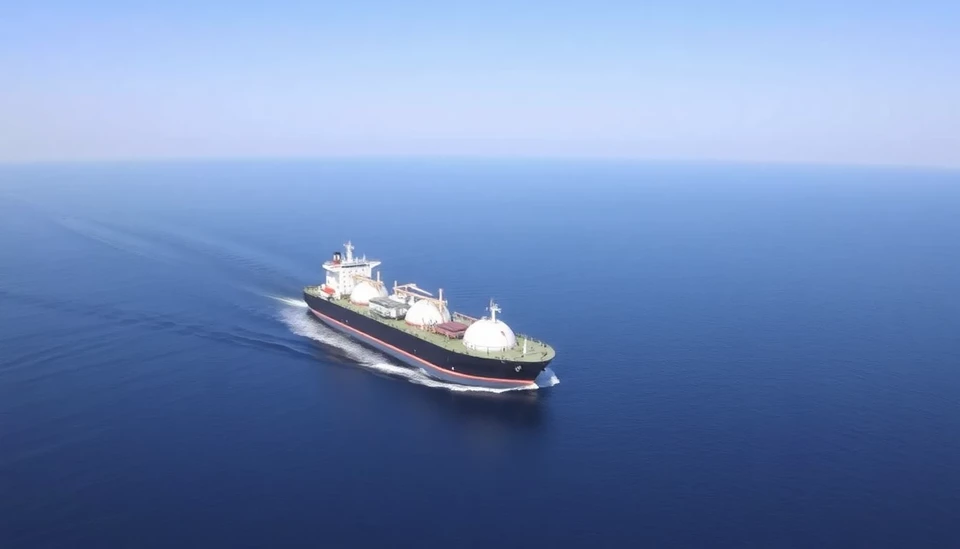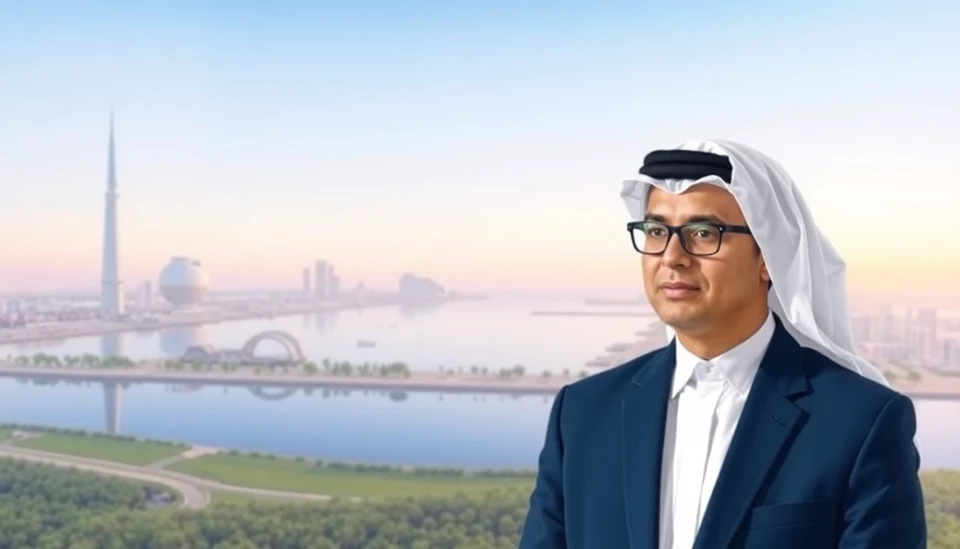
In a strategic move that underscores the ongoing complexities of global energy trade, Qatar has called on the European Union (EU) to reconsider its environmental, social, and governance (ESG) regulations, which the nation claims could have detrimental effects on its liquefied natural gas (LNG) exports. As the world's largest supplier of LNG, Qatar's position in the energy market is pivotal, and any shifts in trade dynamics could have far-reaching consequences not just for Qatar but for Europe’s energy security.
The Qatari government believes that the EU's current ESG rules may impose stringent requirements on LNG, potentially classifying it as a “transition fuel” that could hinder its market competitiveness compared to other energy sources. This definition of LNG under the EU's regulatory framework could lead to a reallocation of energy investments, affecting countries like Qatar that are heavily reliant on LNG production and exportation.
A senior Qatari official emphasized the importance of LNG in the context of global energy transition, arguing that it plays a crucial role in supporting renewable energy sources as nations strive to reduce carbon emissions. The official pointed out that bypassing natural gas could undermine efforts to achieve climate goals, particularly in regions where renewable alternatives are still evolving.
The European Union has been under pressure to meet climate targets and reduce carbon emissions, leading to rigorous assessments of various energy sources. However, Qatar is urging a broader perspective that recognizes the transitional role of LNG in supporting clean energy initiatives while still providing a reliable energy source during the shift to more sustainable options.
In light of geopolitical tensions and the urgent need for energy diversification, Qatar is keen to ensure that its LNG continues to flow freely to Europe. Recent events, including supply disruptions and heightened demand for stable energy sources, accentuate the need for the EU to carefully consider the implications of its ESG regulations not just on compliance standards, but also on the practicalities of energy supply chains.
As it stands, the dialogue between Qatar and the EU on this critical issue remains ongoing. Industry analysts are keeping a close watch on how modifications or clarifications to the ESG rules could reshape LNG markets and influence trade relationships. The outcome of these discussions may not only impact Qatar but could also reshape the larger narrative surrounding energy transition practices and sustainable energy solutions in Europe and beyond.
In conclusion, Qatar's appeal to the EU reflects a broader concern shared among many LNG-exporting nations regarding the future of natural gas in a rapidly evolving energy landscape. The outcome of these negotiations could significantly influence global energy dynamics, particularly as nations grapple with the dual goals of achieving energy security and ambitious environmental targets.
#Qatar #EU #LNG #EnergyTrade #Sustainability #ESG #NaturalGas #ClimateGoals
Author: Rachel Greene




